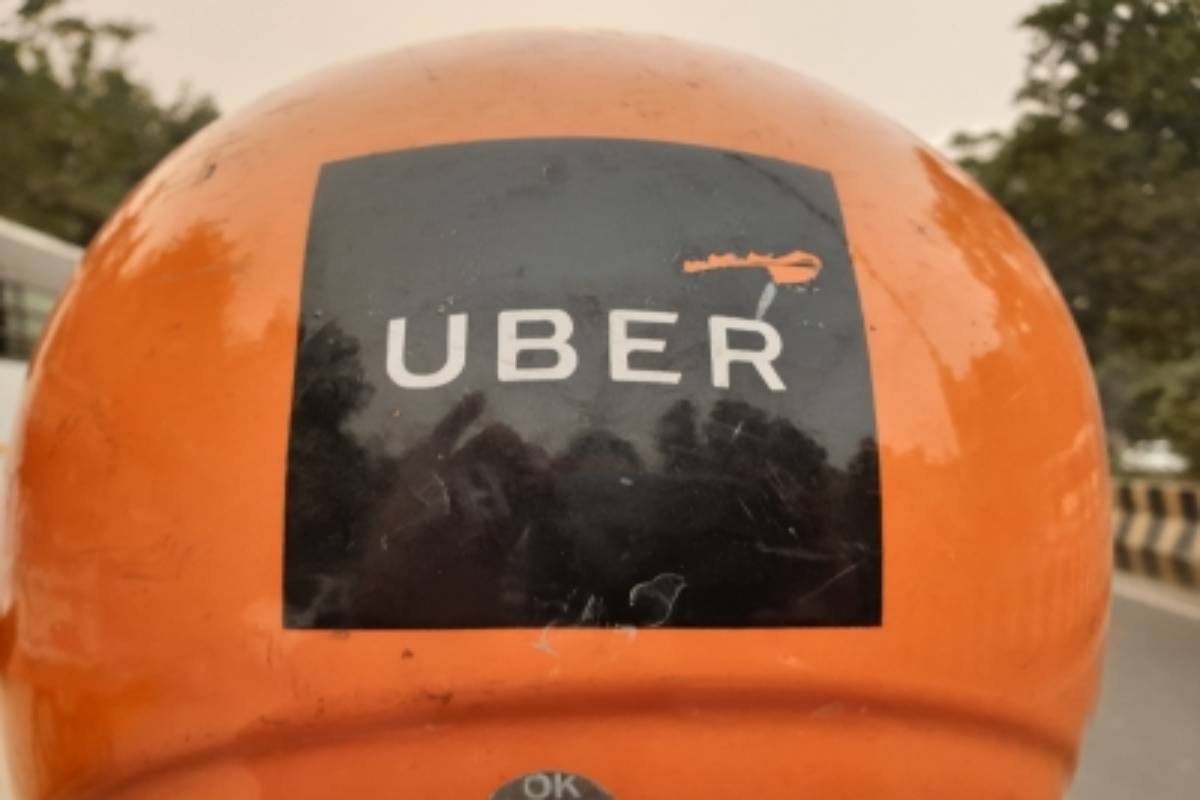Cab union launches ‘No AC campaign’ in Hyderabad due to poor fare structure
The cab drivers’ union urged commuters availing their cab services to pay an extra tip if they want to turn on the air conditioning during rides.
App-based ride-hailing service Uber has been in the news recently as it has been trying to balance the interests of taxi drivers it aggregates with those of customers.

uber and moove to introduce hybrid and ev finance in India Photo: IANS
App-based ride-hailing service Uber has been in the news recently as it has been trying to balance the interests of taxi drivers it aggregates with those of customers. In a move that sent ripples down the industry, Uber earlier this month began experimenting with allowing drivers to choose which rides ~ and what mode of payment ~ from customers they will accept. Uber announced it will allow a select group of driver-partners to access destination information before they press the button accepting the ride. They can also view customers who pay only online, and have the option of declining the ride if they want to be paid in cash. In early- 2022, Uber changed its algorithm in the USA to offer these benefits in order to attract more drivers to partner with the company.
For Indians of a certain vintage who have had to struggle with questions from drivers of metered cabs in metros such as Delhi and Kolkata, this move by the global major may well bring back nightmares. For, Uber’s move would mean that the power is back with the drivers who will have control over whom to accept and on what terms, despite campaigns launched by authorities that cab drivers can be reported to police for declining a passenger. The whole point ~ and success ~ of Uber, Ola, and the like was ostensibly their disruptive business model which put a premium on the needs of the customer. With this change in operating procedure, even if it is only on a limited trial basis, for now, they would seemingly be threatening their own business model. Why?
The reason, as always, lies in the bottom line. A spate of driver-led ride cancellations has been leaving customers in the lurch for a while now and anecdotal evidence suggests complaints from dissatisfied customers have been rising exponentially. According to a media report, the policy allowing drivers to cancel without any cost to them was introduced after the Covid pandemic when they were reluctant to take on short-distance passengers or accept online payments, and the going was tough for ride-hailing ser- vices. Cab drivers had started cancelling rides with a vengeance, leading customers to cry foul, as it were, so the change in policy was implemented. The earlier rule of not allowing the driver to know the destination in advance was aimed primarily at preventing discrimination against short-distance passengers.
Advertisement
The new rules, especially if they become permanent and are adopted by all industry players, will undermine the reason ride-hailing services were so successful in the first place. Perhaps cab aggregators need to look at measures such as accepting lower profit margins by decreasing the commission they charge from their driver-partners and keeping aside funds even if it impacts their cash flow to reimburse driver-partners in time, so the latter doesn’t insist on cash payments from customers. If they don’t, customers may well gravitate to the local cabbie once again.
Advertisement